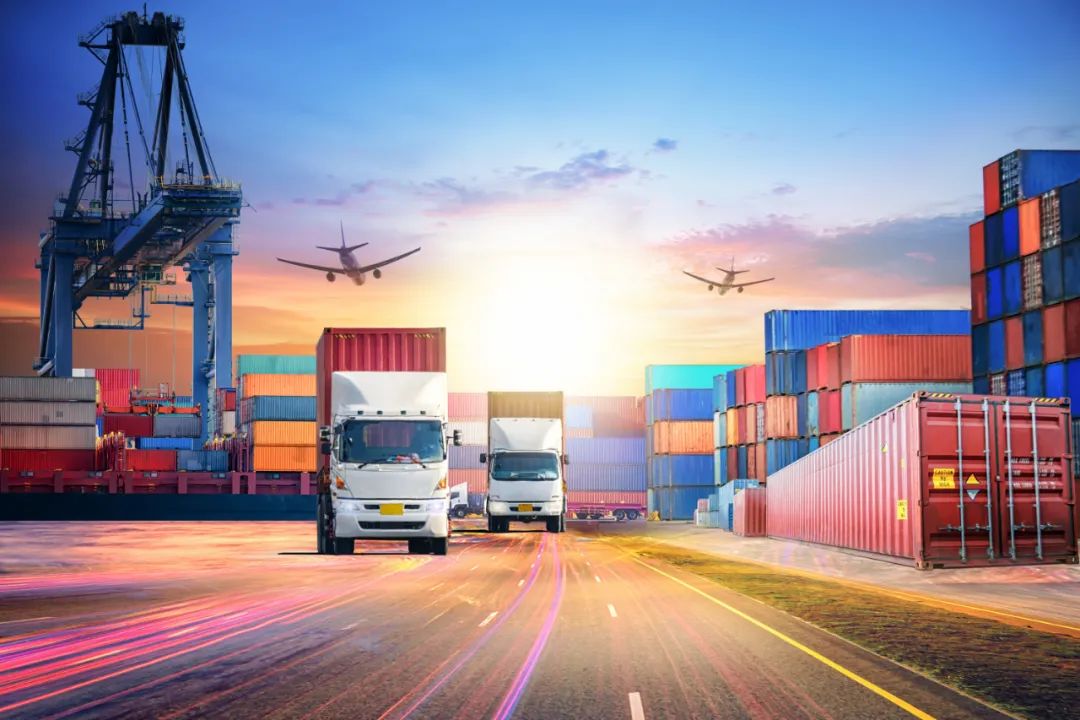How will the need to balance efficiency against geopolitical risks impact global supply chains?

By Pascal Lamy
Conventional wisdom, and currently unfolding events, demonstrate that patterns of international trade are changing. Opinion differs greatly as to whether these changes herald a deepening trend of de-globalisation, re-globalisation, or simply the establishment of a different kind of globalisation. Personally, I believe it is far too early to tell.
However, what is clear is that national governments as well as private enterprises are struggling to balance two essential components that will secure their long-term futures – economic efficiency, and security (that is, the mitigation of geoeconomic and geopolitical risk). As digitalisation changes entire industries and sectors, it is driving demand for even greater efficiency in the face of rising global competition regarding everything from raw materials to key technologies and access to markets. At the same time, the increasing Volatility, Uncertainty, Complexity, and Ambiguity (VUCA) that is becoming a hallmark of modern business and geopolitics is creating more diverse, more severe risks for organisations to mitigate.
Together, these factors are pushing and pulling organisations both towards and away from the kind of globalisation that was a main characteristic of the decades at the end of the 20th century and during the first decade of the 21st century. During this time, the process was driven by the non-stop search for greater efficiency through the theory of specialisation and international division of labour. “Trade in tasks”, based on leveraging the respective specialisms of partnering entities, led to rapid improvements in productivity, efficiency, and the formation of greater economies of scale backed by increasingly sophisticated and well-oiled global supply chains.
The high water mark of this kind of globalisation was the global financial crisis of 2008-2010, which exposed the dangers of overreliance on globally interconnected markets that weren’t supported with proper regulatory controls or oversight. The subsequent crash significantly undermined the theory that globalisation would usher in an era of perpetual economic growth, and provided a sharp lesson that greater interconnectivity could heighten risks as well as alleviate them. Since then, this kind of geoeconomic risk has been demonstrated by incidents like the Fukushima nuclear accident in 2011, and then the much more substantial impact of the global pandemic.
The second shaping factor of this current change regarding globalisation is geopolitics. Much like geoeconomics, geopolitics demonstrates the vulnerabilities of allowing interdependence to turn to overdependence. When the relationship between political allies and/or trade partners sours – prompted by flashpoint crises, increasing competition for key resources, or even espionage or military aggression – it compromises the benefits promised by globalisation, as a lack of trust and cooperation undermines the efficiency or even the very validity of interconnected global economies and supply chains. As the world grapples with the frighteningly complex challenges of combating climate change and managing digitalisation, the need to intelligently rebalance the scales regarding efficiency and security is driving this change in global supply chains and subsequent trade flows.
How much will this rebalancing affect the composition of supply chains, and, ultimately, our economies? Again, such changes are happening, but the proportions and consequences involved remain unclear. Two dynamics have pivotal roles to play: market-driven de-risking, and government-driven de-risking.
Market-driven de-risking through the reshuffling of supply chains translates into diversification. Now we are seeing many firms adopting a “China Plus One” stance, leading them to forge links with Vietnam and Indonesia, for example. Similarly, others may no longer rely solely on the US, but will also look to Mexico for added utility and supply chain flexibility. This is translating into a regionalisation of supply chains, with companies trying to hedge their operations, their growth, and even their business model against geopolitical risks stemming from major changes in the current world order.
The government-driven de-risking process primarily concerns trade measures, such as new trade agreements, tariffs and other restrictions, as well as subsidisation of domestic producers. These are all levers that governments can pull to rebalance the competitiveness of foreign versus domestic producers, to help them achieve the optimal overall balance of efficiency and security. Taken together, these measures are a mix of trade restrictors (especially export controls) and enablers (for example trade diversification), hurting efficiency and productivity in some areas while promoting both in others. However, one clear trend is the reduction of foreign direct investment (FDI) as security concerns boost the attractiveness of nearshoring, hampering FDI flows as a result. This points to lower and slower international cooperation in the future.
Overall, this is likely not to be good news for world growth. Less efficient supply chains are, by definition, more costly. Equally, this reshuffling of global supply chains is likely to lock out the world’s poorer countries, who harbour ambitions of building their own areas of efficiency and joining the link where they can enjoy the greatest positive impact. However, so far this reshuffling of global supply chains has been more talk than walk. There is a lot of political discourse, notably in the US, EU, China, and even India, but less follow-up action compared to advocacy. Equally, there will be limits to this reshuffling, reshoring, nearshoring, and defragmentation, as the costs involved may encourage firms and governments to moderate this trend.
We are in an era of great change, and I don't think this world will be in a better place with less economic growth than more economic growth, especially for the weakest part of the planet. While de-risking remains a top priority in both the public and private spheres, we should try to understand the causes of this trend and, together, limit it.
Pascal Lamy is Vice-President of the Paris Peace Forum and President of the European branch of the Brunswick Group. He coordinates the Jacques Delors Institutes (Paris, Berlin, Brussels).









